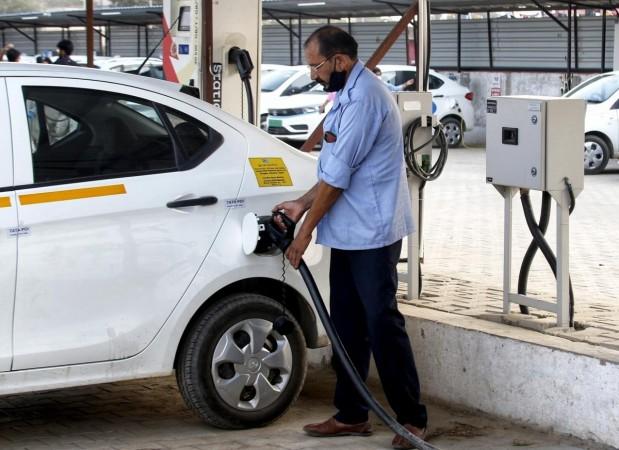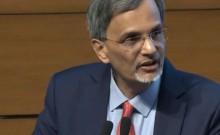
India is making significant strides in enhancing its electric vehicle (EV) charging infrastructure, with a total of 4,557 public charging stations now operational across the nation's extensive network of state and national highways, as well as expressways. This development, announced by Nitin Gadkari, the Minister of Road Transport and Highways, highlights the government's commitment to promoting sustainable transportation. The charging stations span an impressive 146,342 kilometers, underscoring the strategic approach to facilitate the adoption of electric vehicles nationwide.
Uttar Pradesh leads the charge with 507 public EV charging stations, followed by Karnataka with 489, Maharashtra with 459, Tamil Nadu with 456, and Rajasthan with 424. This distribution reflects a concerted effort to ensure that EV charging infrastructure is accessible across various regions. The Bureau of Energy Efficiency (BEE) has played a crucial role in providing the necessary data to support this initiative. Despite the progress, Minister Gadkari noted that there is currently no scheme to provide incentives to Charging Point Operators (CPOs), highlighting a potential area for policy development.
In addition to the charging stations on highways, tier 2 cities in India have also seen a substantial increase in EV charging facilities. As of April 1, 2025, there are 4,625 operational EV charging stations in these cities. This expansion is crucial for supporting the growing number of electric vehicles in urban areas, where the demand for charging infrastructure is rapidly increasing.
PM E-Drive Scheme and Strategic Deployment
The Indian government has announced the PM E-Drive scheme, a comprehensive initiative aimed at accelerating the adoption of electric vehicles and expanding the charging infrastructure across the country.
With a financial outlay of Rs 2,000 crore, the scheme aims to support the installation of approximately 72,000 EV public charging stations. These stations will be strategically deployed along 50 National Highway corridors and in high-traffic destinations such as metro cities, toll plazas, railway stations, airports, fuel outlets, and state highways. The Ministry of Heavy Industries has emphasized the importance of this initiative in promoting sustainable transportation.
Launched in October 2024, the PM E-DRIVE scheme is designed to provide demand incentives and expand EV charging infrastructure nationwide. The Centre has allocated Rs 10,900 crore for subsidies to electric vehicles under this scheme, demonstrating a strong commitment to fostering the growth of the EV market in India.

In a related development, the government has allocated Rs 873.50 crore towards the installation of 8,932 Electric Vehicle Public Charging Stations (EVPCS) by three major oil marketing companies (OMCs) - Indian Oil Corporation Limited (IOCL), Bharat Petroleum Corporation Limited (BPCL), and Hindustan Petroleum Corporation Limited (HPCL) - under the FAME-II Scheme.
Earlier this month, the government launched a groundbreaking scheme to provide financial incentives for electric trucks (e-trucks) under the PM E-DRIVE initiative. The maximum incentive is set at Rs 9.6 lakh per vehicle, targeting N2 and N3 category electric trucks as defined under the Central Motor Vehicle Rules (CMVR).
The N2 category includes trucks with a Gross Vehicle Weight (GVW) above 3.5 tonnes and up to 12 tonnes, while the N3 category covers trucks with GVW exceeding 12 tonnes and up to 55 tonnes. In the case of articulated vehicles, incentives will apply only to the puller tractor of the N3 category.
Related














